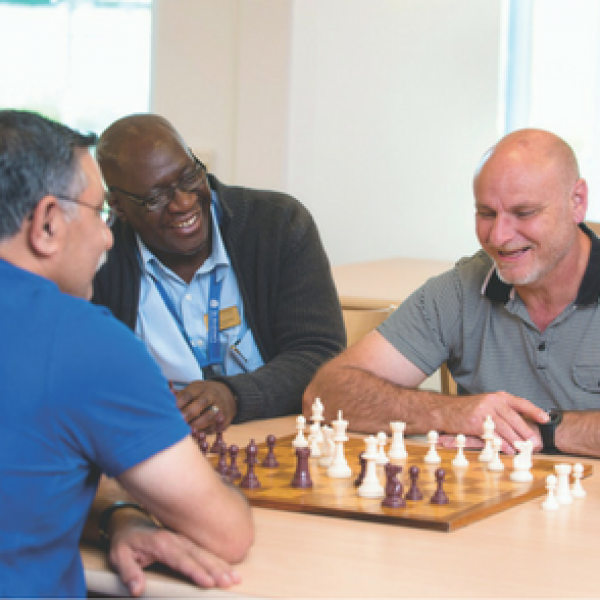Adult safeguarding - what it is and why it matters
Adult safeguarding refers to the protection of vulnerable people, aged 18 or over, have a need for care and support and who are unable to protect themselves from harm, abuse or neglect. All adults, whether they have care needs which are being met by a Local Authority or not, have a right to live in safety, free from abuse and neglect.
The Care Act Statutory Guidance (updated in August 2017) considers the different types and patterns of abuse and neglect, and the different circumstances in which they may take place which could give rise to a safeguarding concern.
Types of abuse categories for adults, as set out in the Care Act 2014, include physical, emotional, sexual, neglect, as well as financial or material, modern slavery, discriminatory, organisational or institutional, or acts of omission and self-neglect.
St Andrew's Healthcare is committed to ensuring the adults in our care are supported to make choices about their lives and recovery, and we work closely with other professionals to prevent harm.

 PICU and Acute Bed Availability
PICU and Acute Bed Availability

